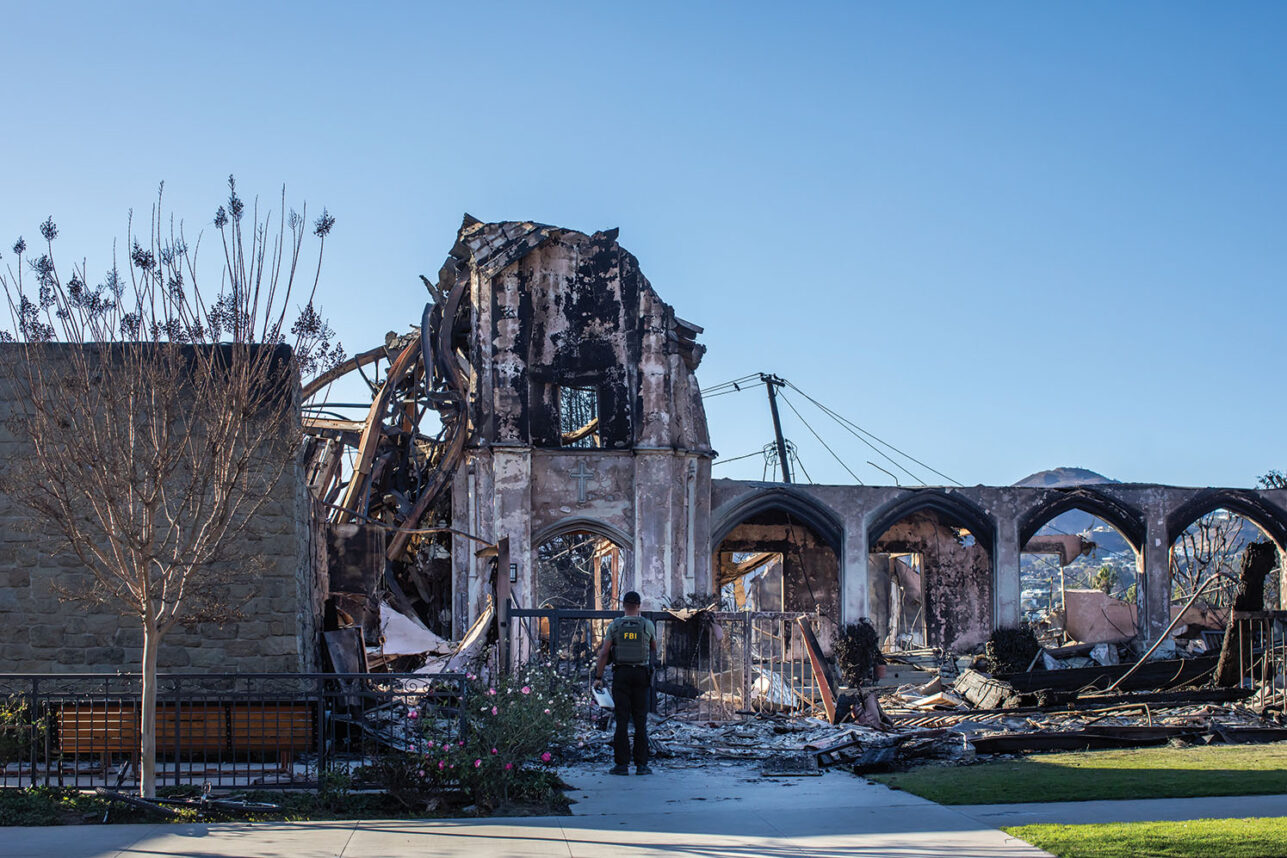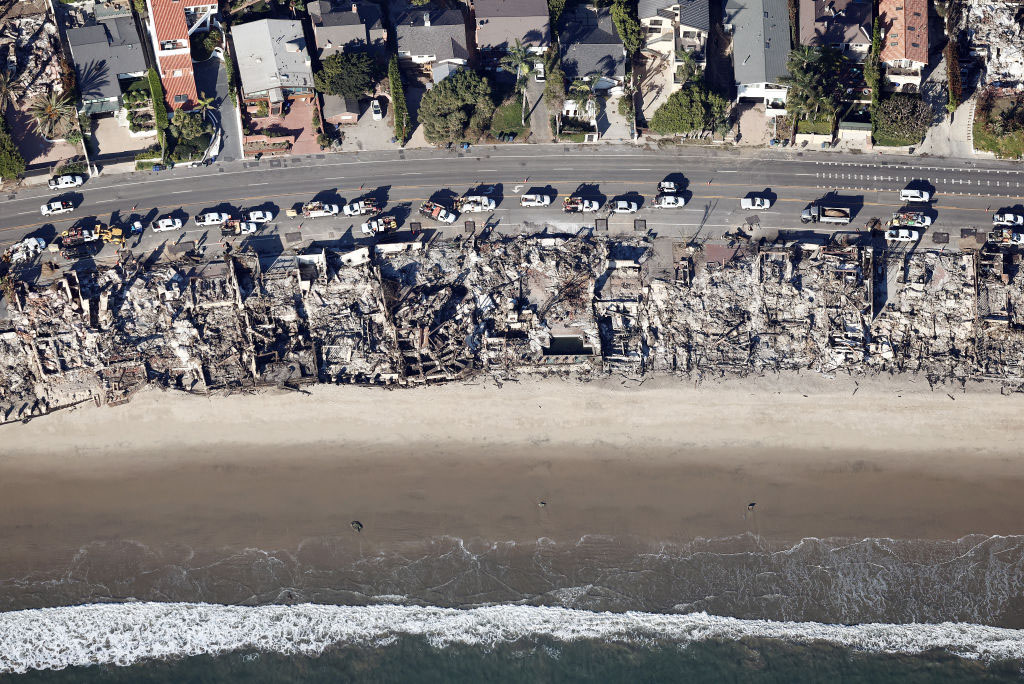Long before there was a State of Israel, there was a state of the Jews. Its name was Gibraltar, and it was ceded to Conversos — Spanish Jews who had been forced to convert to Catholicism — in 1474 at the urging of Pedro de Herrera of Cordoba, himself a Converso.
Herrera convinced the Duke of Medina Sidonia, who had led the recapture of Gibraltar from the Moors in 1462, that special taxes and costs born by Conversos to build homes and maintain a cavalry on the rock would make it worth his financial while to give the Conversos control, as is detailed in a small book devoted to the subject published in 1976. For two years, 4,350 Conversos lived in Gibraltar, until the duke decided he would rather run the show and forced them to return to Cordoba and, ultimately, to the clutches of the Inquisition.
Although Jews were later tortured and expelled by the Spanish, the Jewish Gibraltarian population later flourished under British colonial rule to such an extent that the first and longest-serving chief minister, Joshua Hassan, was Jewish. The saying goes that when he took the helm in 1964, Gibraltar and Israel were the only two places where the heads of state were Jews.
In addition to a strong Jewish history, Gibraltar shares many similarities with Israel. A sheer limestone rock jutting out of the sea, tied by history’s label as a “Pillar of Hercules” to classical tradition, the tiny peninsula has been a continental crossroads and hotly contested epicenter. Taken over by the British, claimed by the Spanish, coveted by everyone, Gibraltar, as local newspaper editor Dominique Searle quipped, is “a bit pre-Copernican. We tend to view ourselves as the center of the universe.”
Such constant traffic also gave it a healthy dose of representation of the three monotheistic faiths and Eastern-Western identity confusion. As in Israel, the cultural melange might best be described as Mediterranean. But unlike in Israel, with its own rocks, traditions and politics (and pre-Copernican attitude), in Gibraltar, multiculturalism has thrived.
Three religions have lived happily, rather than uneasily, side by side. Although the 1713 Treaty of Utrecht — which delivered the enormous rock to England much to the eternal angst of the Spanish — contained a Spanish stipulation that Jews (and Moors) not be allowed to dwell there, by 1721, England had signed an agreement with Morocco, stating that both Jews and Moors be allowed to engage in trade.
Gibraltar takes its name from the Arabic Jebel Tariq (Tariq’s Mountain) in honor of the governor of Tangier who conquered the strategic point in 711 C.E. to kick off the Muslim conquest of the Iberian peninsula, which they held until the Spanish Christians ultimately regained it.
By 1749, the ability of Jews and Moors to live there legally was guaranteed. That same year, the first rabbi arrived. Also pouring in were Geonese ship-builders, Maltese and Portuguese traders and, of course, British officers.
The Spanish were outraged by the violation of the Utrecht Treaty terms, using such unwelcome hospitality as a pretext for one of their sieges of the strategic fortress over the course of the 1700s. Not only did the British prevail, but a sense of solidarity and group identity was forged among the various inhabitants, which has persisted to this day.
Only the recent arrival of Moroccan laborers, who live in lower socioeconomic standards, has given rise to some racial tension. Religious parochialism certainly didn’t factor into the political success of Hassan, who has been called the “Father of the Gibraltarians.”
The president of his synagogue, Hassan was elected for a total of 10 terms as chief minister. Twenty years ago, the chief minister (Hassan), the mayor and the head of the chamber of commerce were all Jewish.
Hassan — and Jews generally — didn’t just excel in the political realm. His law firm, established in the 1930s, has become the largest on the rock. Haim Levy, the current president of the Jewish community, is a senior partner at his late uncle’s firm.
Offshore banking has contributed to a financial boom in Gibraltar, despite the removal of nearly all of the British military presence in recent years.
But British culture and language linger on, with the population increasingly speaking English as its primary language, despite a deep attachment to Spanish.
While the colonial power of the UK has often put the country at odds with the local population, that’s nothing compared to Spain’s pretensions of power — largely viewed as illegitimate by the population. People still refer to a 1967 referendum in which 12,138 voted to maintain ties with the United Kingdom, while only 44 favored Spanish control.
“There’s a love-hate relationship [with the British],” Searle said. “There’s not really a love relationship with Spain at all.”
The tension with Spain, looming large just over the border, contributes to active identification with Israel on the part of Gibraltarians, according to Levy.
“They identify with Israel,” he said. “They see Gibraltar as a small place surrounded by neighbors that are not entirely friendly.” n
Â






















 More news and opinions than at a Shabbat dinner, right in your inbox.
More news and opinions than at a Shabbat dinner, right in your inbox.